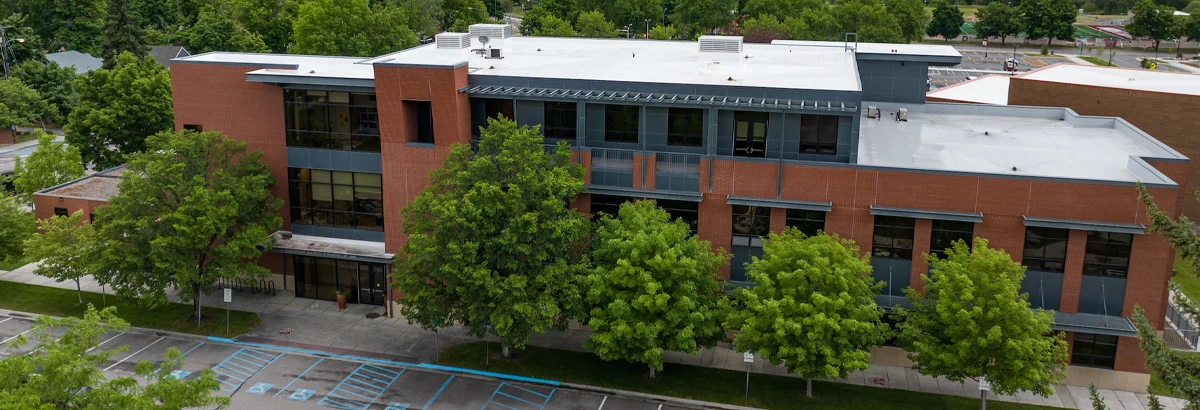In-House Clinic
Academic Year/Summer
Clinic Director
Associate Professor Kekek Stark
Prerequisite
Professional Responsibility, and either Federal Indian Law, Tribal Courts/Tribal Law, or comparable Tribal/Indian law courses from the Summer Indian Law Program as pre-requisite. Upon approval of the Clinic Director, Federal Indian Law can be taken as a co-requisite if Tribal Courts/Tribal Law or Summer Program courses have been successfully completed.
Areas of Emphasis
The intersection of federal Indian and tribal law with all substantive areas of law; problem-solving; legal research and writing; policy and lawmaking, cross-cultural lawyering; effective time management, identifying/resolving ethical issues; access to justice
Sample Projects
- Work with Tribal Courts in support of their exercise of jurisdiction and day-to-day administration of justice
- Research treaty rights and tribal jurisdictional issues
- Draft tribal codes
- Provide training on Indian law issues, including assistance and support for community members through free legal clinics
- Create educational materials for the Office of Public Instruction
- Occasionally represent clients in Indian Child Welfare Act cases
- Occasionally represent clients in tribal court actions, primarily civil matters with some limited criminal representation
General Information
Established in 1980, the Margery Hunter Brown Indian Law Clinic provides students with practical experience regarding Indian law issues. Indian Law Clinic projects commonly focus on issues and problems affecting tribal governments, justice systems, and Indian people. Students work on a variety of projects promoting tribal sovereignty, cultural preservation, access to justice, and economic development within Indian Country. Students may work on matters in tribal, state, or federal courts.
